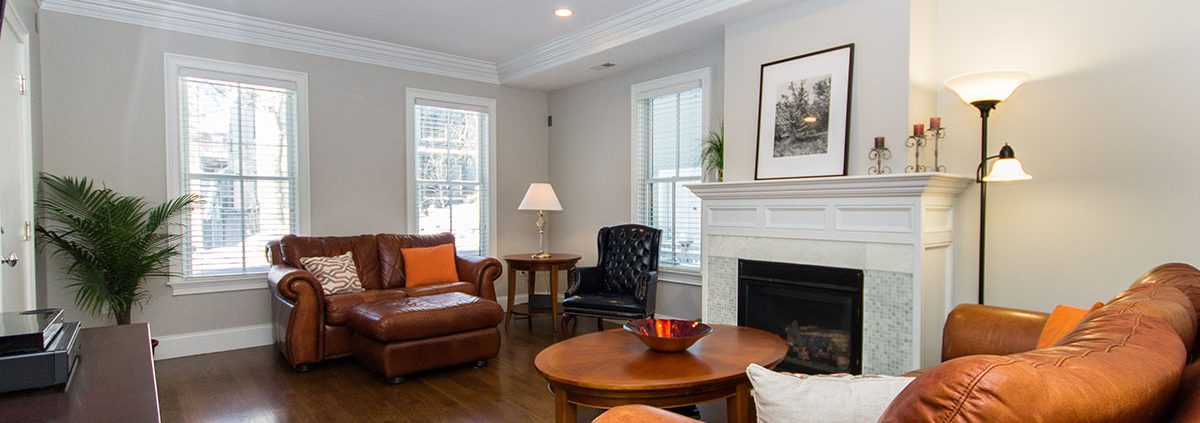What costs are associated with buying a home?

Do you know what it actually costs to buying a home? You’ve saved for years and you finally have enough for your down payment (Congratulations!). You’ve also identified a great home you’d like to put an offer on – besides the downpayment, what other costs are associated with buying your dream home?
What are closing costs?
In a nutshell, mortgage closing costs typically run from 2% to 5% of the loan cost, and they include property taxes, mortgage insurance, title search fees and more.
The mortgage: I can’t stress this enough, and it’s a conversation I have with most of the first-time buyers that I work with. ALWAYS use a local lender. Avoid the big guys, even if thats where you do your banking from! I have half a dozen qualified, local, reputable lenders with years of experience that I am happy to refer you to! I could go on for days with horror stories of clients who didn’t take my advice – but i’ll save that for another day.
- Downpayment: Is it 3.5%, 5%, 10%, 20% or more?
- Don’t let the monthly payment surprise you: Online mortgage calculators can be a bit misleading. Your monthly mortgage note contains principal and interest payments but often much more than that. Your local lender will be able to give you a good faith loan estimate of what your monthly costs will look like – provide them with the purchase price, taxes and monthly HOA fee (if applicable). Aren’t sure where to find this info – just ask me.
- The CD, your Closing Disclosure: Your lender is required to outline your closing costs in the Loan Estimate. The Closing Disclosure is a document you’ll receive before the closing day. Take the time to review them closely and ask questions about things you don’t understand. This used to be called the Settlement Statement, it’s a breakout of all the fees and funds paid/due for your transaction
So what fees will you need to pay?
- Home Inspection: The cost of a home inspection in Boston varies based on the size of the home and the inspector. You can get an estimate from the home inspector upfront before scheduling. They start around $550 and go up from there. A 2400SF home with an added radon test, can run as high as $1200. I have plenty of inspectors that i’m also happy to refer you to.
- Attorney Fee: Chances are you probably know a few attorneys personally, but are they real estate attorneys? Often times buyers have a friend of the family who can represent them for a discount – but most real estate attorneys charge a nominal pre-disclosed flat fee ($600-1200). Which is unlike a criminal defense attorney who charges by the call/meeting/email. I have dozens of great attorneys i’m happy to recommend. Before you hire Uncle Joe, find out what he’s going to charge. Does he have real estate law experience? Whose conducting the title search? Can he represent you and handle the paperwork at closing for the bank (unlinkly) but that will save you more money too.
- Appraisal fee: It’s important to a lender to know if the property is worth as much as the amount being borrowed. This is for two reasons: The bank needs to verify that the amount you need for a loan is justified, and the bank also wants to make sure it can recoup the value of the home if you default on your loan. These can cost between $300-400
- Application fee: This covers the cost of processing your request for a new loan and includes costs such as credit checks and administrative expenses. The application fee varies depending on the lender and the amount of work it takes to process your loan application.
- Prepaid interest: Most lenders require buyers to pay the interest that accrues on the mortgage between the date of settlement and the first monthly payment due date, so be prepared to pay that amount at closing; it will depend on your loan size.
- Loan origination fee: This is a big one. It’s also known as an underwriting fee, administrative fee or processing fee. The loan origination fee is a charge by the lender for evaluating and preparing your mortgage loan. This can cover document preparation, notary fees and the lender’s attorney fees. Expect to pay about 1% of the amount you’re borrowing. A $300,000 loan, for example, would result in a loan origination fee of $3,000.
- Mortgage insurance application fee: If you put less than 20% down, you may have to get private mortgage insurance. (PMI insures the lender in case you default; it doesn’t insure the home.) The application fee varies by lender.
- Upfront mortgage insurance: Most lenders require borrowers to pay the first year’s mortgage insurance premium upfront. Expect to pay from 0.55% to 2.25% of the purchase price for mortgage insurance, according to the Urban Institute.
- Homeowners insurance premium: Required by your lender, one year of homeowner’s insurance is paid in advance before closing. Some condo associations include insurance in the monthly condo fee – but there are two types of insurance with condos, so we’ll need to determine what kind of policy you’re required to obtain. The amount of insurance varies depending on the type of home and how much coverage you and the insurance agent is adequate for your home. If your home sits in a flood plain, that could also raise your costs significantly – but this is something i’ll always find out for you before you write your offer!
- Property taxes: Buyers typically pay two months’ worth of city and county property taxes at closing. The taxes are rolled into your monthly loan payment.
- Title search fee: A title search is conducted to ensure that the person selling the house actually owns it and that there are no outstanding claims or liens against the property. Title search fees are about $200, but can vary among title companies. The attorney you hire can tell you what these costs will be upfront.
- Lender’s title insurance: Most lenders require what’s called a loan policy; it protects them in case there’s an error in the title search and someone makes a claim of ownership on the property after it’s sold.
- Owner’s title insurance: You should also consider purchasing title insurance to protect yourself in case title problems or claims are made on your home after closing.
Who pays my buyers agent?
The seller.
New homeowner expenses
Finally, having some money set aside for unexpected household expenditures will help keep you from tapping into your last-resort emergency savings — or taking on credit card debt. Most home inspectors will tell you that no home is perfect, and while a hot water tank is working great at the time of inspection and through the closing day – they can let go whenever they want. Having a few thousand set aside just in case is always a good idea.






